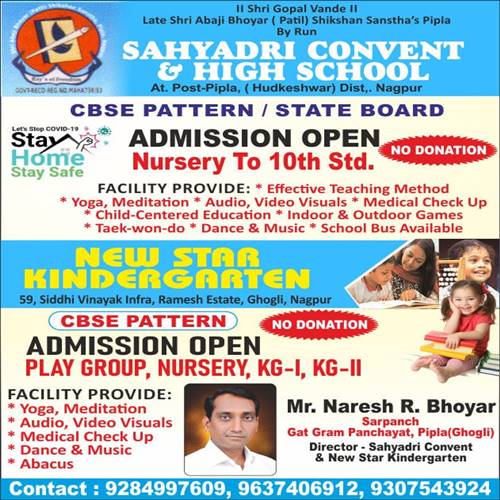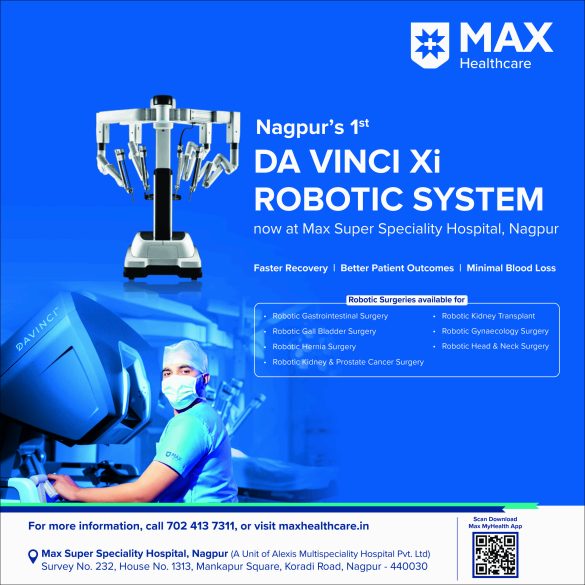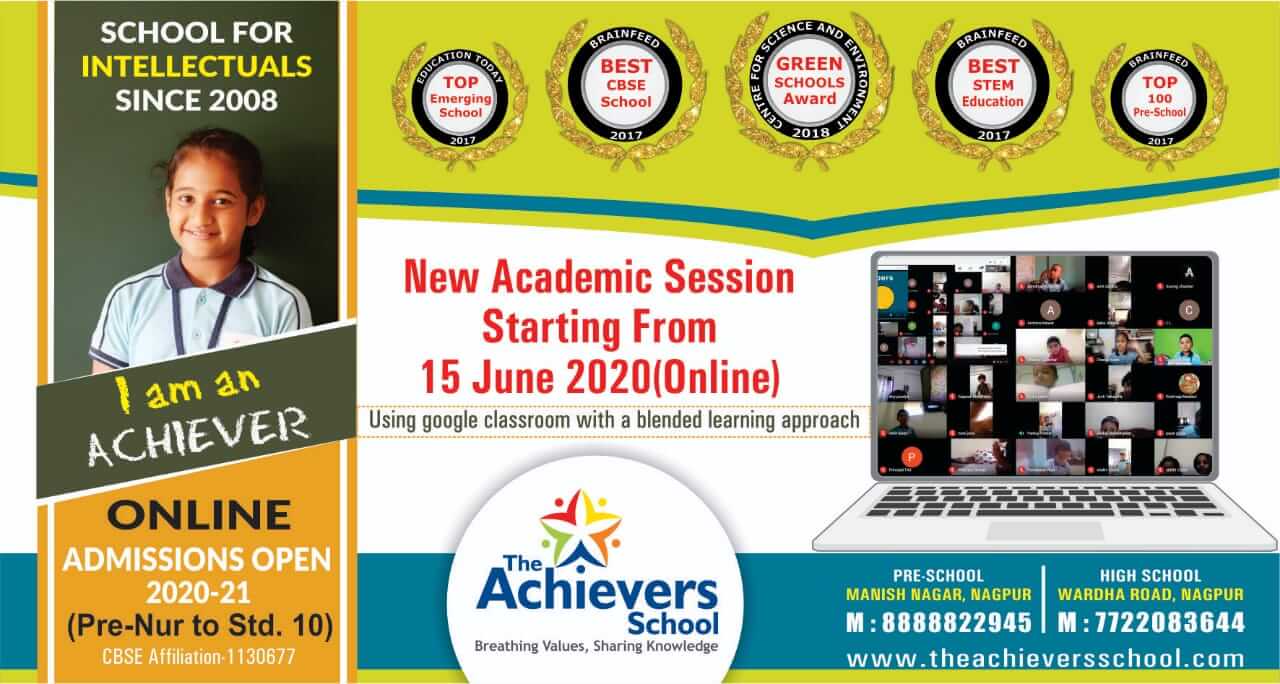Central Regional Centre, Nagpur began its celebration of the International Museum Day through a webinar on ‘Anthropology and Pandemics: A Museum Perspective’ wherein the officials from the Survey along with professors and dignitaries from various organizations and students from the universities and colleages attended.
The online programme was organized from the chamber of the Head of Office of Anthropological Survey of India, Central Regional Centre, CGO Complex, Seminary Hills, Nagpur.
The programme of the day began sharp at 10:30 AM with the welcome address of Dr. Ratna Dhar, Superintending Anthropologist & Head of Office, of Central Regional Centre, Nagpur wherein she expressed the house that the academic world is getting adapted to new way of attending to the issues on the pandemic through online platforms and webinars are becoming a part of the new normal. She stressed on the point that it is necessary to understand how far the Anthropological Museums can help the public make sense of the pandemics? In this lockdown situation how best museums can remain relevant if people cannot visit them and their role might be post- COVID-19.
She showed her concern on the preservations of the artifacts of the museum and how to protect them from surface contamination as the museums are closed.
The Director, Anthropological Survey of India, Prof Vinay Kumar Srivastava in his keynote address at the outset pointed out that museums should not only be the place of displaying the objects. One should emphasis on the community understanding and how a community relates itself to a particular object. It has to build a story which can be communicated to the people. The second important point made by him was that a researcher should try to understand how the tribals respond in a pandemic situation, how they relate, respond and communicate the trauma. There are evidences that tribals and local communities have learnt to comply with epidemics and quarantine through their indigenous knowledge systems. This may vary from one region to another.
A researcher has to pay attention to such indigenous knowledge of the tribals because communities have their own way of responding to the situation. Third point was having a Corona gallery in the museums which may deal with the various objects used by the health workers in making people aware of the situation, various kinds of masks, the articles on the pandemic, the photographs etc which also have important archival value.
In his wonderful lecture he also said that after the pandemic Anthropological Survey of India may take some research on the subject. He even informed the house that a number of researchers are already working on issue keeping them indoors and working on online platforms. In his concluding remarks Director, Anthropological Survey of India, Prof Srivastava has informed the house that these presentations would take form of research papers in the forthcoming journal of Anthropological Survey of India.
There were five presenters in Webinar from the Survey who are currently attending the Zonal anthropological Museums of the survey. Shri Siddhartha Shit spoke mainly on the strategies for Anthropological museum in Post Covid-19 situation. In these circumstances, as there are drastic footfalls, museums are forced to take proper strategy and approach communication outside and inside museum. He also spoke on the safety of the artifacts and other issues of preservation in this crisis situation. Shri Sanjay Shukla largely concentrated on the situations of the museum in pre-covid19 and post Covid 19 situation.

He stressed on the role of museum in disseminating the information, from a historical, biological, epidemiological perspective, about the nature and causes for the pandemics in general and covid19 in particular. Since the affected targets are the people, it has ethnic and cultural dimensions also and museums have a role in making them aware of the situation. Shri Sudarshan Vaidya emphasized on preparing a data base of the situation and awareness programme on the epidemics. Virtual mediums are much needed for making the museums relevant.
Dr Banita Behera took us to virtual historical tour to how museums dealt with the pandemics in different historical times.
The presentation elaborately dealt with the issues how museums throughout the worlds have tried to meet the challenges of Covid 19 pandemics. The last presenter Shri Sarbajeet Singh could not be present at the webinar due to some urgent issues.
However his abstract was read to the august assembly which again dealt with the issues in a historical dimension and how museums in present situation can come forward and be relevant.
The webinar ended with an interactive session where many senior dignitaries and Heads of Offices from various regional centres of Anthropological Survey of India spoke on the issue. The vote of thanks was offered by Ms. Sunumi Changmi, Assitant Anthropologist and the whole programme was efficiently and beautifully hosted by Dr. Abhishikta Ghosh Roy, Anthropologist of Central Regional Centre of Survey.
The second part of the programme mainly dealt with the online drawing and elocution competition. All the participants were given e-certificates and results of the competition will be declared on 19 th May 2020.




